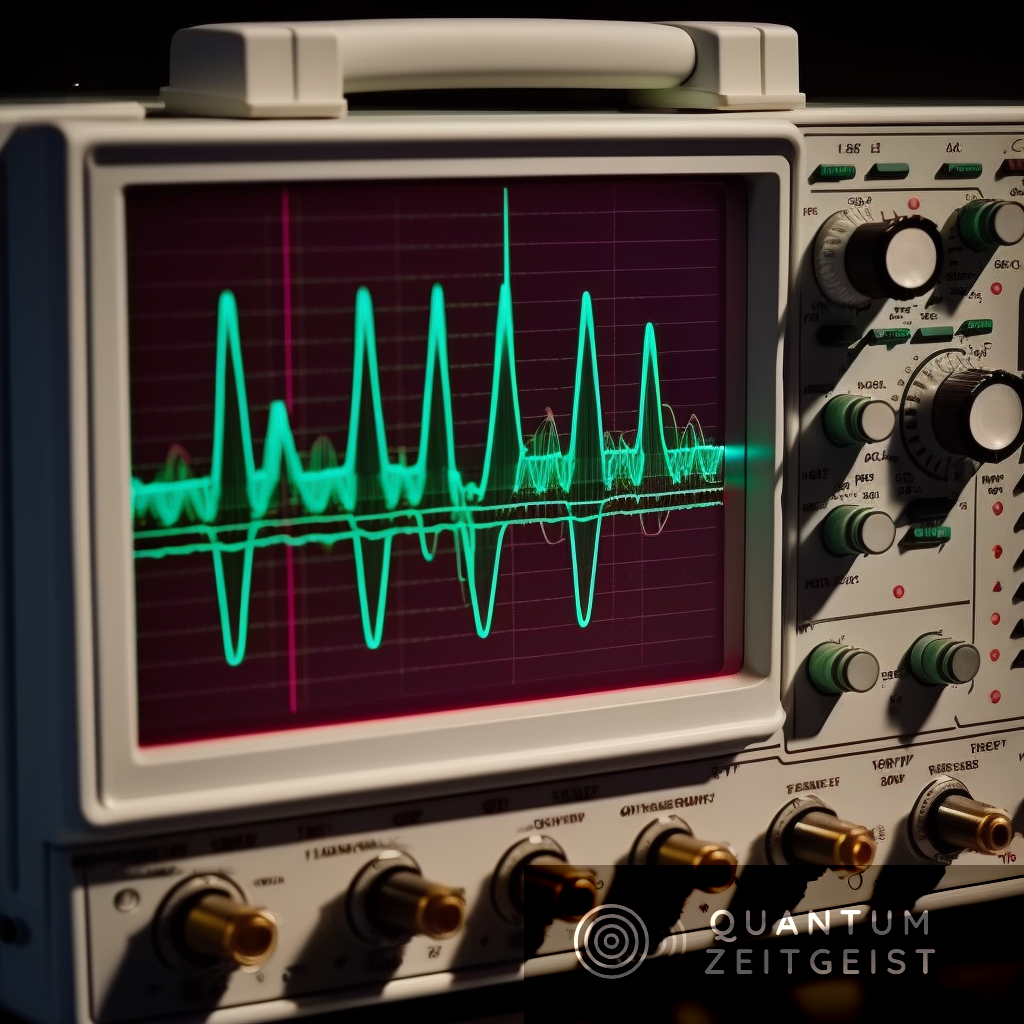To achieve universal fault-tolerant quantum computation, it is essential to have real-time decoding algorithms that can quickly extract logical outcomes from the data generated by noisy quantum hardware. A team of researchers led by Hector Bomb from PsiQuantum Corp. has proposed a new approach called “modular decoding,” in its research article published on 10 March 2023, which can meet this challenge with minimal additional communication and without sacrificing decoding accuracy.
The article introduces and examines modular decoding, a technique for breaking down decoding problems into smaller sub-tasks. This method is designed to meet the practical needs of a fault-tolerant quantum computer, allowing for concurrent execution and real-time decoding. By breaking down the decoding process into smaller tasks, modular decoding can avoid throughput limitations that may arise from a single processing core running the decoding algorithm.
Additionally, it can provide intermediate logical outcomes with minimal latency, making it a crucial element in achieving universal fault-tolerant quantum computation.
Buffering Technique Ensures High-Quality Decoding Outcomes in Modular Decoding: A Graph Algorithm Approach
The technique of buffering is found to be crucial for ensuring high-quality decoding outcomes in modular decoding. This approach requires each decoding task to have an additional buffer of outcome data in directions where fixed boundary conditions have not been set by previous decoding tasks. The buffer for each task can be determined using a graph algorithm that is applicable to any modular decoding decomposition.
The team has established a rigorous soundness theorem for modular decoding, which guarantees that decoding on a modular decomposition can be as effective at detecting errors as an offline decoder accessing the entire decoding problem. This theorem assumes that each decoding sub-task is solved using a sound decoder and has a sufficiently large buffer of outcome data, referred to as the buffering condition. This technique has great potential for enabling real-world fault-tolerant quantum computing.
Results show that a buffer width proportional to the protocol distance is necessary and sufficient to maintain a similar decoding performance as offline decoding. The simulations include large-scale 15-to-1 magic state distillation, making the use of logical block networks more complex than those previously studied.
Edge-Vertex Decomposition: A Concrete Example of Modular Decoding for Lattice-Surgery Style Fault-Tolerant Blocks
The use of buffers ensures soundness and reduces logical outcome latency. The team implemented edge-vertex decoding decompositions and assessed decoding quality through Monte Carlo simulations, comparing it with offline decoding.
The team has introduced the edge-vertex decomposition, which is a concrete example of modular decoding for lattice-surgery style fault-tolerant blocks, and has found it to be remarkably effective. This approach decomposes the global decoding problem into sub-tasks, which aligns with the logical-block-network structure of a fault-tolerant quantum circuit.
The buffering condition is a key requirement for controlling decoder quality, and it demands a sufficiently large separation (buffer) between a correction committed by a decoding sub-task and the data unavailable to it. The team has proved that the fault distance of the protocol is preserved if the buffering condition is satisfied.
Finally, the team has implemented edge-vertex modular decoding and applied it to various quantum circuits, including the Clifford component of the 15-to-1 magic-state distillation protocol. Monte Carlo simulations on a range of buffer sizes have provided quantitative evidence that buffers are both necessary and sufficient to guarantee decoder accuracy. The results show that modular decoding meets all the practical requirements necessary to support real-world fault-tolerant quantum computers.
The proposed approach of modular decoding, specifically the edge-vertex decomposition, can potentially address the challenge of real-time decoding for universal fault-tolerant quantum computation. The research shows promising results and offers practical solutions to meet the needs of real-world fault-tolerant quantum computers.
Optimizing the Modular Decoding Approach: Considerations for Hardware and System Performance
While the modular decoding approach proposed here offers the benefit of minimizing the impact of decoding on reaction time, practical considerations related to hardware and system performance are also important. Improving the speed of individual decoder units, also known as offline decoders, remains an important direction for further research.
Combining the modular approach with complementary techniques such as pre-decoding and data compression may lead to further improvements in reaction time by sacrificing a small degree of decoder accuracy in order to simplify or speed up the decoding process. The buffer size represents another tunable parameter that can be adjusted to balance performance between reaction time and logical error rate.
According to the research, it should be noted that while the focus of this work has been on fault-tolerant schemes utilizing the surface code, the modular decoding schemes proposed here, including the edge-vertex decoding approach, can be applied to any topological error-correcting code for universal computation. This includes color codes of varying dimensions, subsystem color codes, and floquet codes. It would be interesting to investigate the accuracy of these schemes with similar buffer sizes.
An appropriate decoder for sub-tasks must be utilized for each of these cases. Belief propagation with ordered statistics decoding (BP OSD), which has demonstrated strong performance for a range of codes, as well as renormalization group decoding, are examples of suitable decoders.
Read more about it here.

